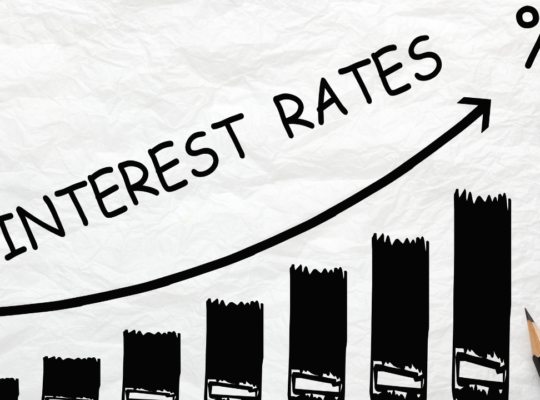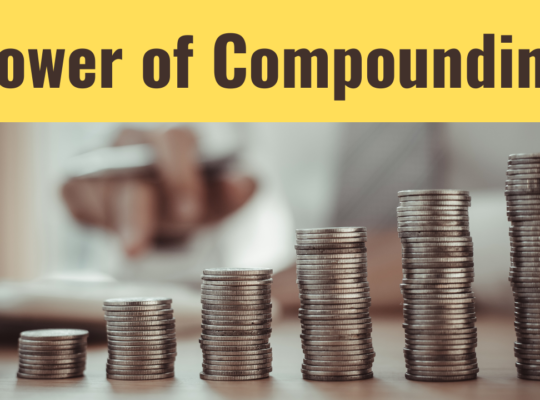
We always come across a saying that “Cash is King”. It is true not just for the businesses, but it is true for individuals as well. Many of us perceive cash as passing through our fingers like water, while constant costs leave little room for anything else. As a result, you must handle your cash position not just to protect your wealth, but also to use it as an effective tool for capitalizing on chances when the market turns volatile.
In pursuit of this, some of the personal financial questions that come to mind regularly are:
- How can I save for unforeseen emergencies?
- How can I manage unforeseen medical costs for myself or my family?
- What steps should I take to build enough wealth for financial stability and my future goals such as kids’ education, marriage, my retirement, etc.?
These questions propose that each rupee you earn or possess should be assigned to four major purposes, which can be categorized as Double ‘E’ and Double ‘I’ (EE & II):
- Emergency Savings – Plan for unanticipated financial troubles by setting aside emergency savings.
- Expenditure – Expenses for maintaining a desirable quality of life for you and your family.
- Insurance Coverage – Insurance coverage protects against unforeseen events such as illness and accidents
- Investment – This is for achieving financial goals and accumulating money.
While savings provide a cushion for unexpected costs and insurance protects against challenging circumstances, mutual funds can help you achieve your financial goals and grow wealth.
Cash in your Investment Portfolio:
Cash is a critical component of every financial portfolio. It may be used to fund unforeseen needs, capitalize on investment opportunities, and rebalance your investment portfolio. However, too much cash might have a negative impact on your portfolio’s performance. If we see over time, the stock market has consistently beaten cash, so put your cash in assets with the expectation for better returns.
There are three things to consider when managing your cash:
- Determine a cash reserve objective. This is the amount of money that you should keep on hand to meet unexpected costs. Once you’ve determined your cash reserve objective, you can invest the remainder of the cash in various other assets.
- Identify your investing objectives and risk tolerance. When selecting investing alternatives for your cash, it is critical to examine your investment objectives and your willingness to take risks. If you have a limited investment horizon or a low risk tolerance, consider investing in less risky assets like money market funds or short-term bonds. If you have a longer investment horizon and a higher risk tolerance, you can consider investing in riskier assets like stocks or equity mutual funds.
- Rebalance your portfolio periodically. As your portfolio grows and evolves, you should rebalance it on a regular basis. This entails selling certain assets that have outperformed and purchasing more ones that have underperformed. This helps you keep your chosen risk and return profile. The frequency of rebalancing can be quarterly, half-yearly or annually (but keep in your mind that rebalancing should not be done very frequently, that is less than quarterly, or very rarely, which is more than annually. You have to strike a fine balance).
After discussing the aforementioned considerations, you may be wondering where to spend your extra cash. Here are some investing opportunities for your cash:
- Money Market Funds: These mutual funds invest in short-term debt securities. They are quite liquid and stable, with low yet consistent returns.
- Short-term bonds: Short-term bonds mature within 3–5 years. They provide a greater return than money market funds but are slightly riskier.
- Certificate of Deposits (CDs): CDs offer better interest rates than standard savings accounts. However, they have a set period, so you cannot withdraw your funds without penalty until the CD reaches its maturity date.
- Bonds: Bonds are loans made to governments or companies. When you invest in a bond, you are effectively giving money to the borrower in exchange for monthly interest payments and the return of your principal at the end of the bond’s tenure. Bonds are less risky than stocks, but they have lesser potential rewards. However, the returns are far more than the cash in your account.
- Gold: Gold is a traditional ‘safe haven’ investment. It is commonly seen as a hedge against inflation and economic downturns. Gold may be acquired in physical form, but many investors prefer digital gold, such as Gold ETFs or Sovereign Gold Bonds.





